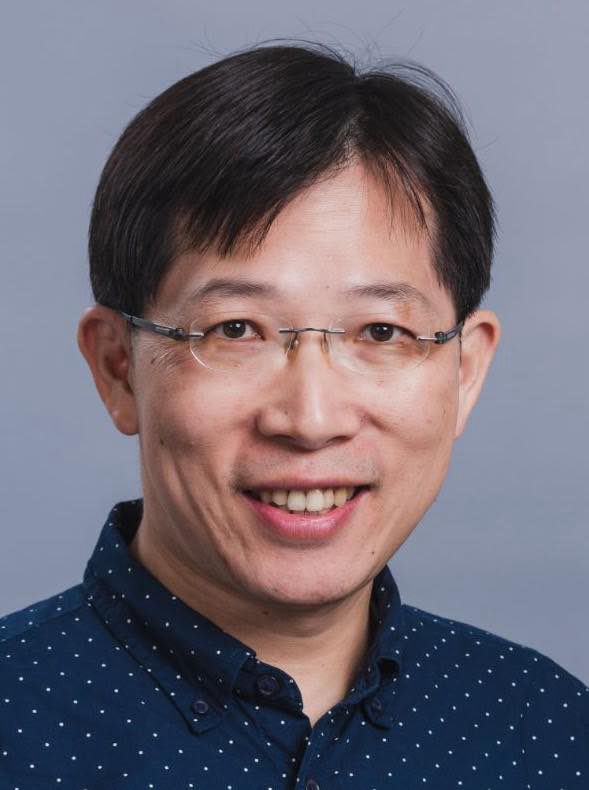Professor Wen-Hsiao Peng Elevated to IEEE Fellow
- Published on
- Author
- 魏彣芯

For contributions to the design and implementation of video coding algorithms and standards.
This article is excerpted and reprinted from IEEE Circuits and Systems Magazine, Second Quarter 2025.
Wen-Hsiao Peng received the B.S., M.S., and Ph.D. degrees from National Yang Ming Chiao Tung University (NYCU), Hsinchu, Taiwan, in 1997, 1999, and 2005, respectively, all in electronics engineering. He was with the Intel Microprocessor Research Laboratory, Santa Clara, CA, USA, from 2000 to 2001, where he was involved in the development of the International Organization for Standardization (ISO) Moving Picture Experts Group (MPEG)-4 fine granularity scalability and its application in 3-D peer-to-peer video conferencing. Since 2003, he has actively participated in the ISO MPEG digital video coding standardization process and contributed to the development of H.264/AVC Scalable Amendment, H.265/HEVC, H.265/HEVC Screen Content Coding Extensions (SCC), H.266/VVC, and JPEG AI. He holds 15+ US/TW patents related to these standards. He is currently a Professor with the Computer Science Department, NYCU. He was a Visiting Scholar with the IBM Thomas J. Watson Research Center, Yorktown Heights, NY, USA, from 2015 to 2016. He has authored over 120 technical articles in the field of video/image processing and communications and over 60 standards contributions. His research interests include neural network-based image/video coding, ISO/IEC & ITU-T video coding standards, visual signal processing, and computer vision.
Contributions to Development of ISO/IEC and ITU-T Video Coding Standards:
Dr. Peng contributed significantly to the development of ISO/IEC and ITU-T video coding standards, including H.264/AVC scalable extension, H.265/HEVC, Screen Con-tent Video Coding (SCC), H.266/VVC, and JPEG AI, with over 60 technical contributions. He was one of the twenty-seven contributors that created the very first coding framework for H.265/HEVC and one of the seven for that of SCC. He led as the Core Experiment Coordinator in the standards committee, driving the developments of the decoder-side motion vector derivation, motion partitioning and OBMC, intra block copy refinement, etc. towards the completion of H.265/HEVC and SCC. The Core Experiment Coordinator has a unique lead role in defining test conditions and technologies to be standardized. He was active in promoting these standards, serving as Lead Guest Editor in IEEE journals, organizing special sessions in IEEE/APSIPA conferences, and giving tutorials.
Contributions to the Advancement of Image/Video Coding Technology:
With over 120 refereed papers in esteemed publications, Dr. Peng's notable inventions span traditional and learned image/video coding. These include DCT-based layered scalable video coding, parametric template matching prediction, intra line copy, reinforcement learning-based video encoder control, augmented normalized flow (ANF)-based image/video coding, and do-main adaptation for visual signal processing. Many of Dr. Peng's works underwent rigorous testing in the Call-for-Evidence/Call-for-Proposals of H.264/AVC, H.265/HEVC, SCC, and JPEG AI standards. Several of his innovations are now integrated into standard normative coding tools. He has played a pivotal role in driving modern learned image/video coding. He has led research on ap-plications of reinforcement learning to video encoder control, marking a paradigm shift in encoder optimization. His another pioneering contribution, ANF-based conditional video coding, revolutionized the traditional residual-based coding architecture, receiving the top-performance and top-creativity awards in IEEE ISCAS Grand Challenges.